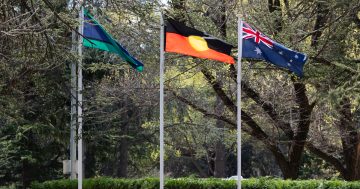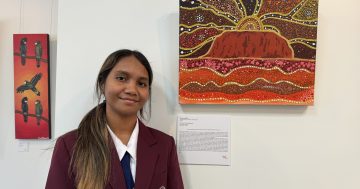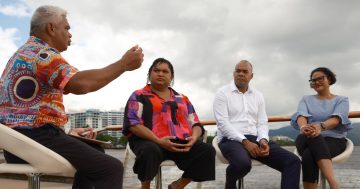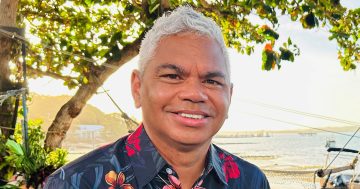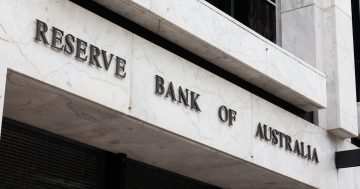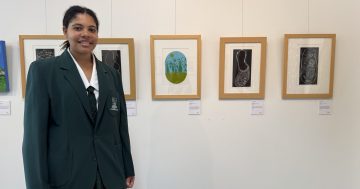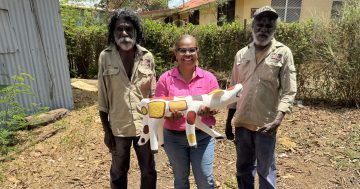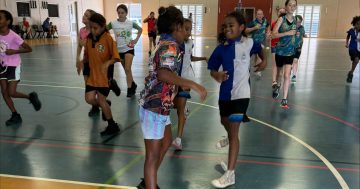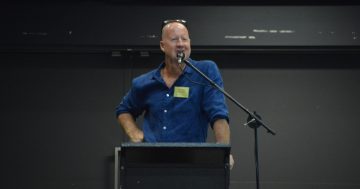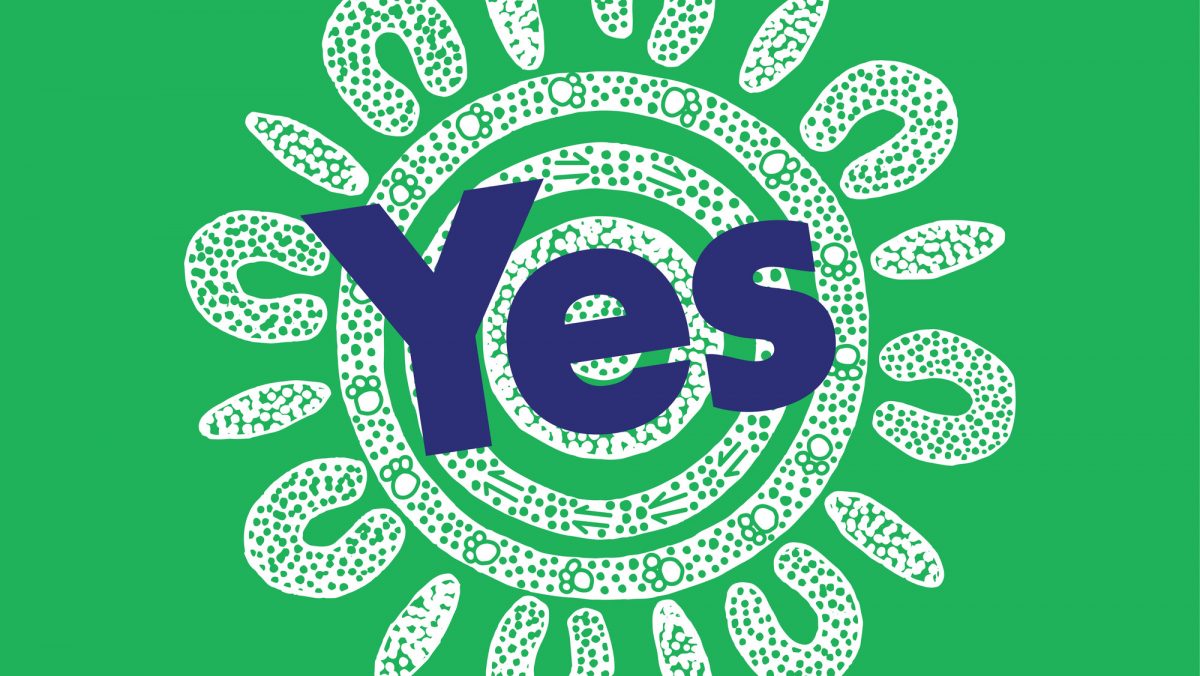
HISTORY will be the judge of our decision when it comes to The Voice, however, we should not be afraid to use the past to guide us.
When Australia goes to the polls for this year’s referendum, think about our nation’s history and how future generations will view our pending decision.
Will you be on the right side?
I know I look back at how our nation has been shaped and the key decisions that have been made for the betterment of our country.
Did you know that it took until 1962 for voting rights to be granted to all First Nations Australians?
Worse still, it was a further 22 years until Aboriginal and Torres Strait Islander people gained full equality with other electors.
Could my ancestors have done more? Or were they part of the problem?
In 1992, I was five years old when the High Court handed down its landmark ruling on Mabo v Queensland No. 2 establishing the principle of Native Title rights in Australian common law.
The judgment overturned the concept of terra nullius– that Australia was a ‘land belonging to no one’ at the time James Cook in 1770 declared possession in the name of the British Crown.
Closer to home, that decision sparked the Wik ruling in 1996, which led to the creation of the Western Cape Communities Co-Existence Agreement between 11 Traditional Owner groups and Comalco (now Rio Tinto).
Those TOs are now better off as a result of having the WCCCA and all future mining projects in the Cape must now develop a land use agreement as a result.
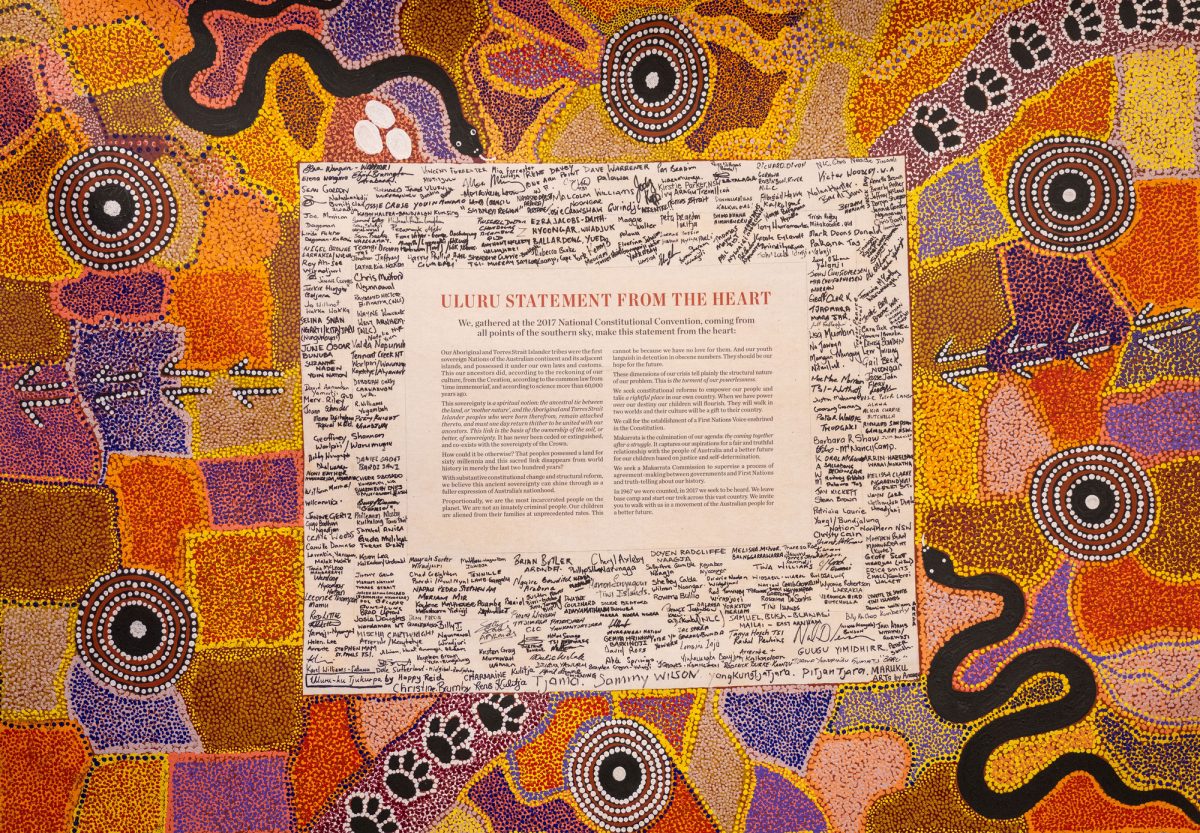
The Uluru Statement From The Heart is an iconic scripture that created history in 2017. Will their voices be heard?
Remember the Apology?
Kevin Rudd was howled down by opponents about the damage an apology could bring the nation if he were to stand up and say sorry for the Stolen Generation and other atrocities of the past.
The current Opposition Leader Peter Dutton walked out on that very apology, something he now supposedly regrets.
Mr Dutton is also opposed to The Voice. Will he regret that?
I hope so.
With all of these moments in our history, we start to heal some of the damage that was done and pave a way towards reconciliation and better relationships between our First Nations peoples and non-Indigenous Australians.
The pending referendum should help further the cause.
There will be a lot of emotion and debate when it comes to The Voice but, in my view, the people’s vote should be fact-based.
It is a fact that Aboriginal and Torres Strait Islander tribes were the first sovereign nations of the Australian continent and its adjacent islands.
Our constitution, which came into effect in 1901, does not reflect that fact.
Voting ‘yes’ will fix that.
Prior to Cook arriving, the First Nations people had a say on their country and their future.
Today, they make up just 3.2 per cent of the population and have no guaranteed say about how their country or future is managed.
Voting ‘yes’ will change that.
Despite what opponents say, there is nothing to fear about The Voice. For the most part, we won’t see a lot of change in how our country operates.
This year’s referendum is all about respect.
Six years ago, a collective of leaders from all corners of our country gathered at Uluru as part of the National First Nations Constitutional Convention.
The meeting was organised by the Referendum Council – which was appointed by a Liberal Prime Minister in Malcolm Turnbull.
From that meeting, the Uluru Statement of the Heart was scripted and signed by 250 people from 100 different First Nations tribes.
It was a consensus like we’d never seen before.
In that statement was the call for a voice to parliament to be enshrined in the constitution.
This is not about taking over the country or removing power from our federal government.
This is about respecting the oldest surviving culture and consulting them on key decisions that will shape their future and ours.
It’s about ensuring that when our governments change, there is always a platform for Traditional Owners to be heard.
Australia is a better place when we have people from all cultures and upbringings having input into the direction of our country.
But for too long, our First Nations people have been forced to the sidelines or simply consulted for tokenistic purposes.
It’s time to change that and shift attitudes regarding how we value Aboriginal and Torres Strait Islander people.
By voting ‘yes’, you’ll go a long way towards uniting a nation.
By voting ‘no’, you’ll create a bigger wedge in dividing a nation.
I know what I’ll be voting for.


